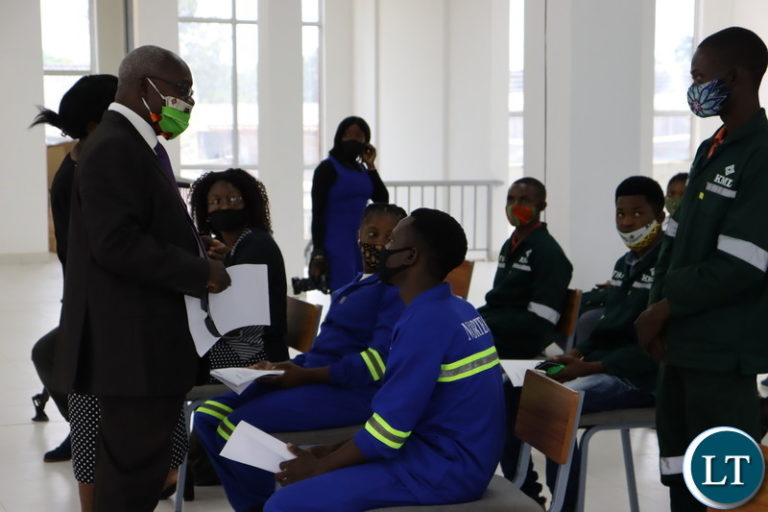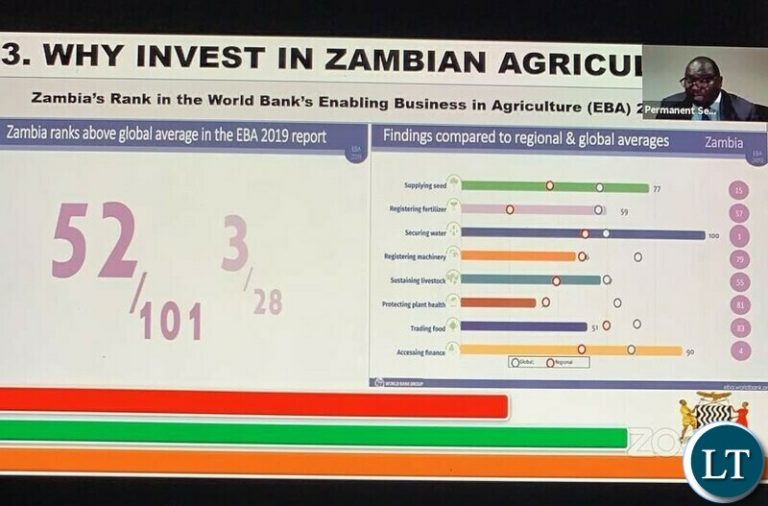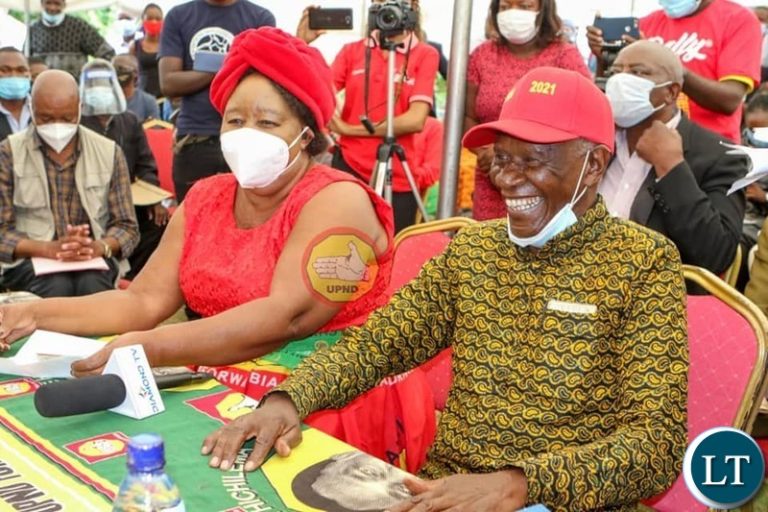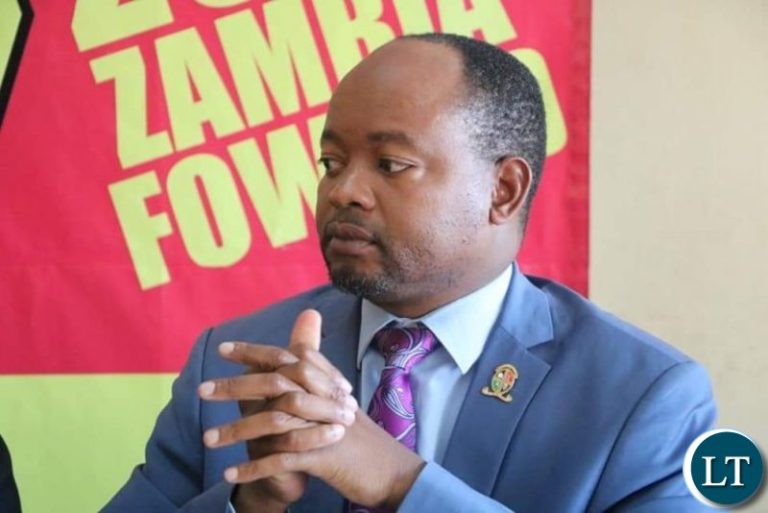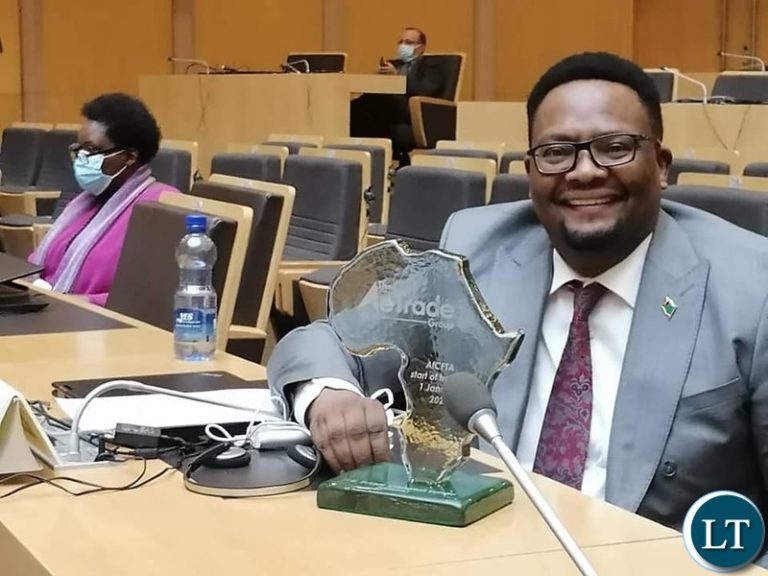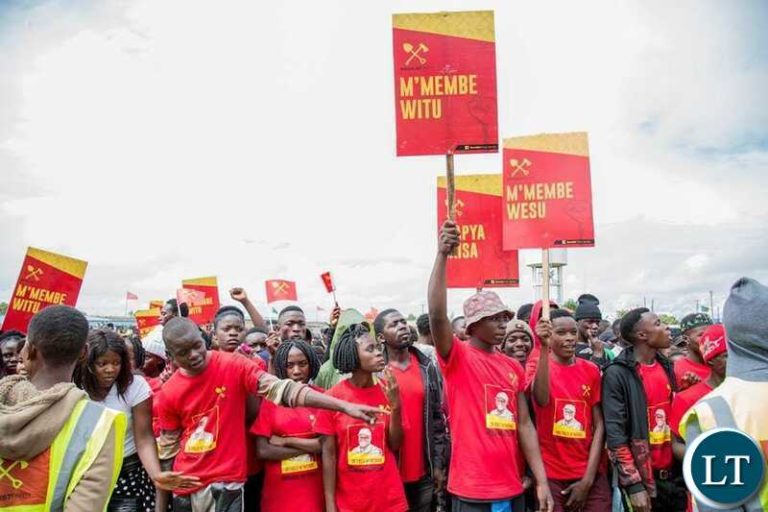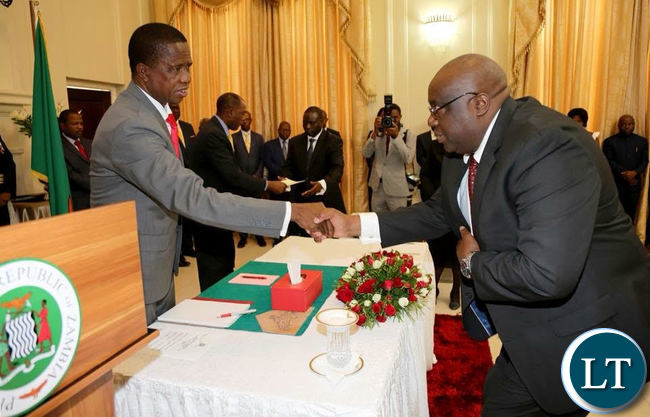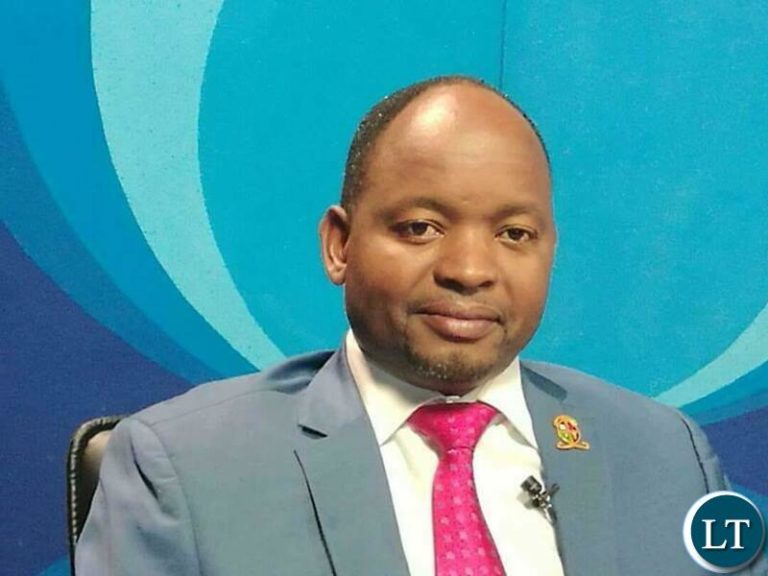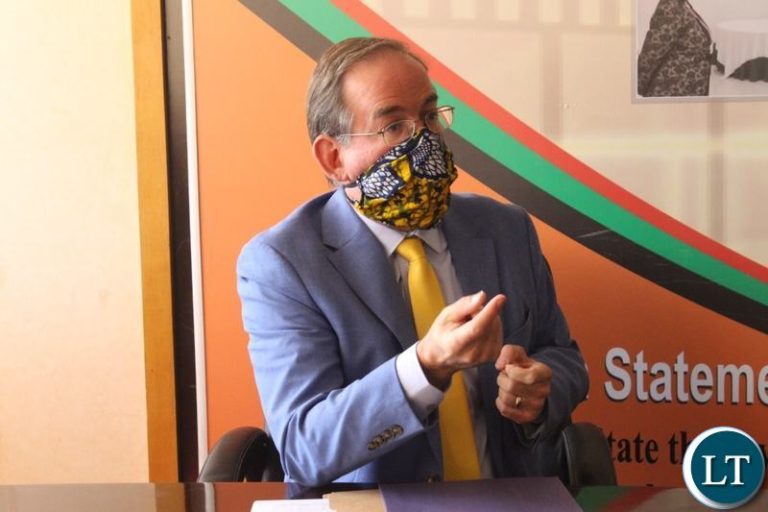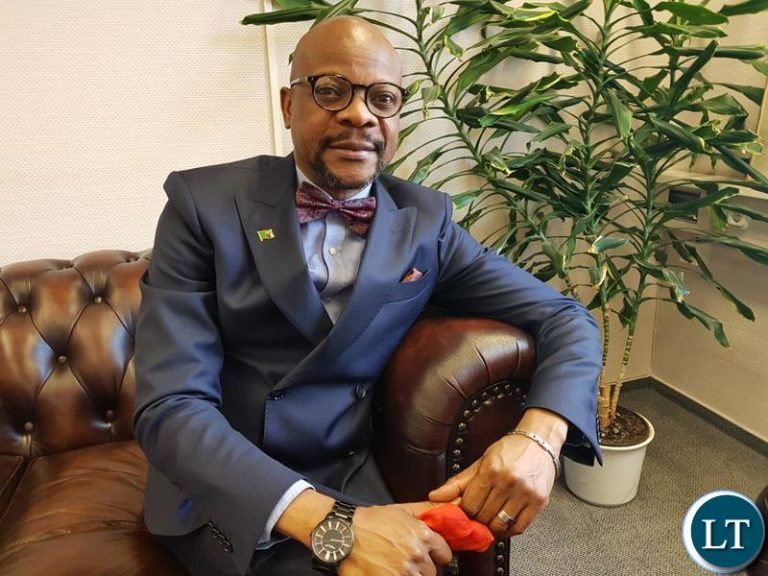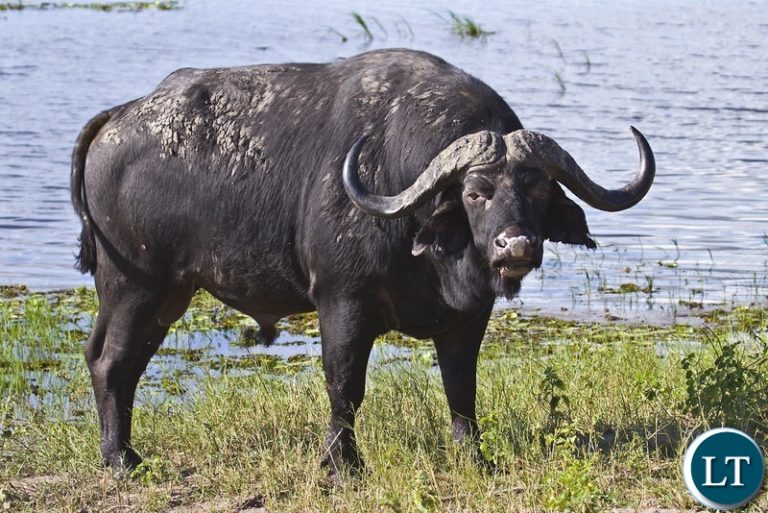By DERRICK SILIMINA
FIRST Quantum Minerals (FQM) has given thirty-one laptops valued at more than K300,000 to Trident Foundation Ltd (TFL) sponsored students at Northern Technical College (Nortec) in Ndola.
Speaking during the handover of 31 laptops to TFL sponsored students at Nortec, FQM Government relations specialist Godwin Beene said in Zambia, the mining firm’s corporate social investment (CSI) activities focus on agriculture support, health support and education support as pillars for sustainable development.
Dr Beene said the need for computers arose from the Covid-19 situation that called for online classes as students could not be in school.
The school management reached out to Trident Foundation to assist the students and the company obliged because of the value that both companies place on education.
He noted that TFL is a “not-for-profit” organisation funded by FQM to facilitate corporate social responsibility (CSR) activities and manage community relations in the area of operation of its subsidiary company, Kalumbila Minerals Limited.
He said the organisation aimed at building local capacity in the areas of agriculture, education, local businesses, and health. FQM also supports initiatives that are of public benefit in nature and aligned with sustainability values.
“Education support is one of the key areas of support and we at FQM strongly believe in its ability to empower and liberate the mind, thereby giving individuals an opportunity to live dignified lives,” Dr Beene said.
He stressed that the mining company has been sponsoring students at Nortec since 2017.
This year the mining giant has a total of 38 students pursuing various livelihood support skills development programmes in addition to in-house and customised training initiatives between FQM and the institution.
“We greatly appreciate the partnership with your institution and through working together, we believe that we shall make a sustainable positive change in the lives of our scholars. It is with great joy that today we meet to handover 31 laptops valued at K324,929 to our students at this institution, to enhance access to information as a way of adding value to their education,” Dr Beene told Nortec acting Principal Martin Kasonso.
Dr Beene expressed gratitude that the Northern Technical College Management and staff enjoyed a good relationship with the institution since 2017 when FQM first enrolled its sponsored students.
“We are indeed cognisant of the role Nortec is playing in skills development at national level and the ripple effect is visible countrywide, hence the rationale for FQM to also sponsor students at the institution,” he added.
He reiterated that TFL has been offering education support to the communities in the Kalumbila Mine area of operation from its inception, which includes a scholarship programme. The scholarship programme started in 2015 with only 62 students who were sponsored at primary school level.
Dr Beene added that currently, 208 students were being supported at different levels of education starting from primary school right through tertiary education.
A total of 57 students had graduated in different skills training in various fields including heavy equipment repairs, mechanical fitting, metal fabrication and welding; and electrical engineering courses.
Dr Beene urged students to utilise the laptops and maximise them to their own benefit.
“I call upon each one of you to take care of these laptops as other students coming after you will also need to utilise them. You have an opportunity to do your research, finish your assignments on time and ensure that you succeed in your courses. Your future depends on all that you do during your school life and my advice to you is to make informed decisions because the future of this country lies in the youths, such as yourselves,” he stated.
Dr Beene said FQM remains committed to supplementing Government efforts in providing quality education in line with Zambia’s Seventh National Development Plan; and the Education and Strategic Skills Plan and that the firm’s education support principles are also aligned with Sustainable Development Goal Number Four.
“Imagine a society without education, and just imagine how life would be! In accordance with FQM values of working smart, our institution believes that education should result into positive change, otherwise it is a waste of resources. The knowledge and skills being acquired here must make good change in your lives and contribute to the community you are coming from,” he explained.
Nortec acting Principal Martin Kasonso expressed joy that the donation of laptops by the mining entity to its sponsored students had taken off in line with Government’s call to increase access to technical education and vocational training.
“What Kalumbila Minerals Limited has done by empowering the young people from the region where they have mining interest, is to empower them with tools that they can use to access technical education is something other sponsors at Nortec should emulate.”
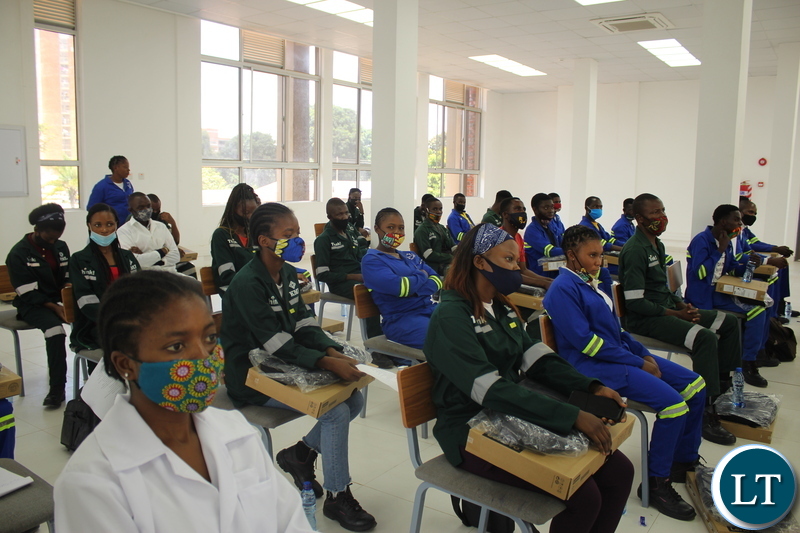
listen attentively during the donation of laptops.


